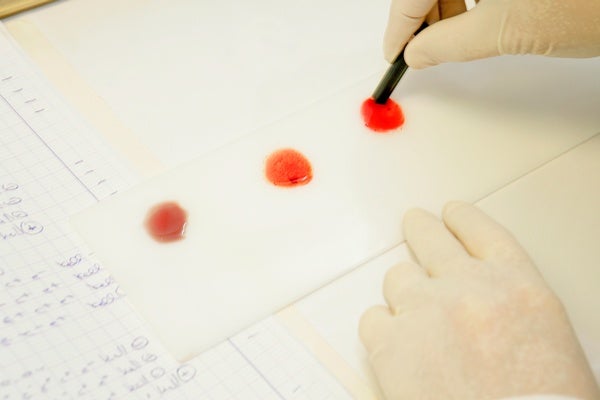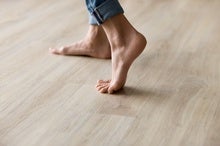 |
| April 30, 2020 |
Dear Reader,
Did you know that the way you walk can identify who you are and how you're feeling? From an article by technology editor Sophie Bushwick, learn how researchers developed sensors that remotely analyze footsteps by measuring vibrations in the floor. In space news, cuts to NASA's Mars Exploration Program in President Trump's budget proposal for 2021 could shut down spacecraft orbiting the Red Planet—ending decades of U.S. leadership in exploring our neighboring world. And for today's featured story: the genetics of blood groups may offer some insight into whether you are likely to be infected with COVID-19. |
| | Sunya Bhutta, Senior Editor, Audience Engagement
@sunyaaa | |
 |
| |
| |
| |
| |
| |
| |
| Conservation New Data on Killer House Cats Wild cats kill more animals than domestic ones do. But pet cats kill many more of them in a small area than similarly sized wild predators. |  | By Jason G. Goldman | 03:23 | | | |
FROM THE STORE
 | | | |
| |
FROM THE ARCHIVE
 | | | |
| |
LATEST ISSUES
 |
| |
| Questions? Comments?  | |
| Download the Scientific American App |
| |
| |




















Comments
Post a Comment